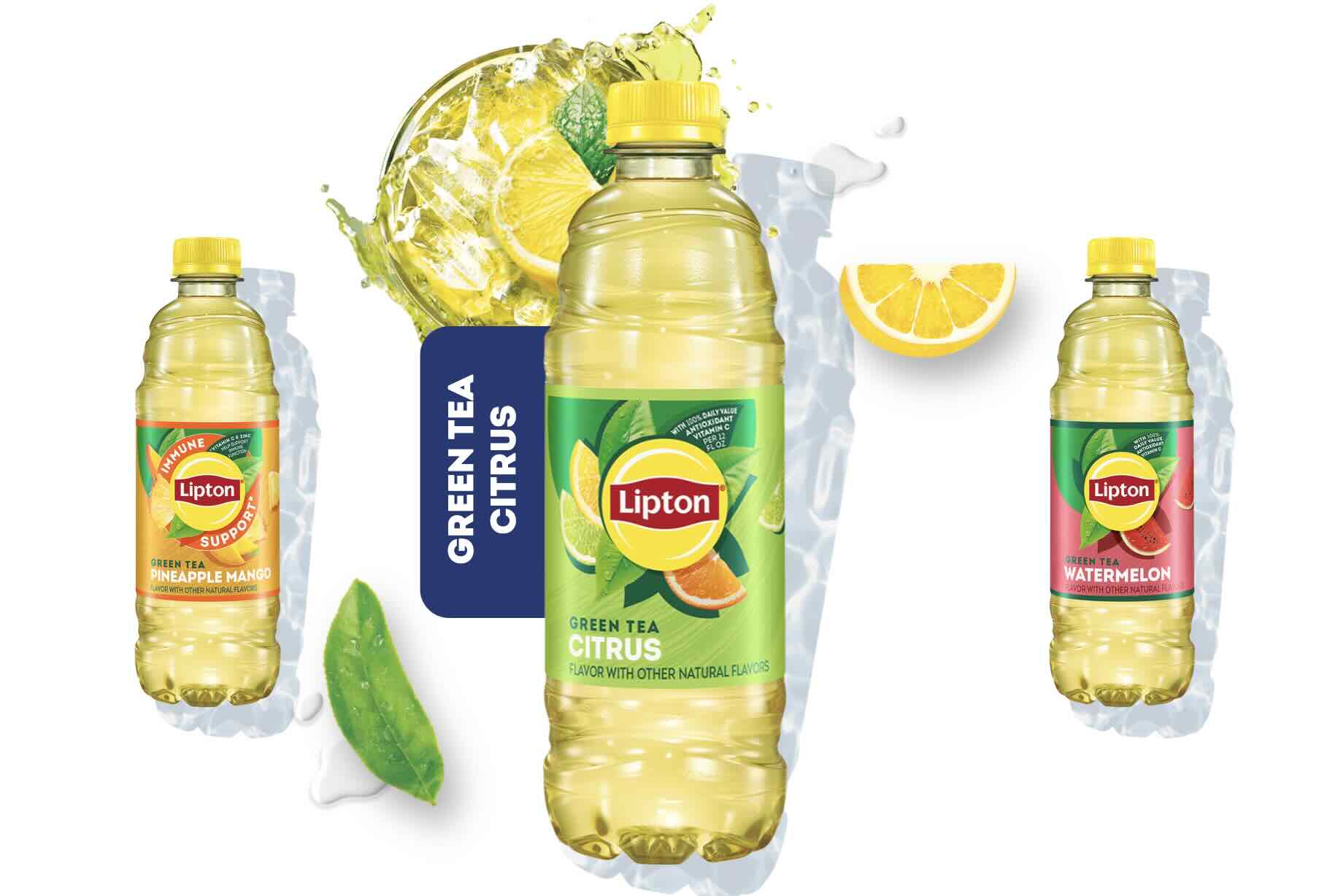People are also reading...
️Starbucks Matcha Latte Calories
Matcha Green Tea Latte Starbucks Calories
See the answer to: "Matcha Green Tea Latte Starbucks Calories"
Matcha Drinks at Starbucks
Matcha Starbucks Drinks
Matcha Iced Latte Starbucks
Matcha Frappuccino Starbucks
Iced Matcha Latte Starbucks
Does Sprite Have Caffeine?
Calories In Steak?
Chicken Taco Calories?
Does Hot Chocolate Have Caffeine?
Calories In a Grilled Cheese?
Ready to level-up?
Create meal plans 10x faster, follow up with your clients through our mobile app, and never struggle with meal planning or recipe management again.
